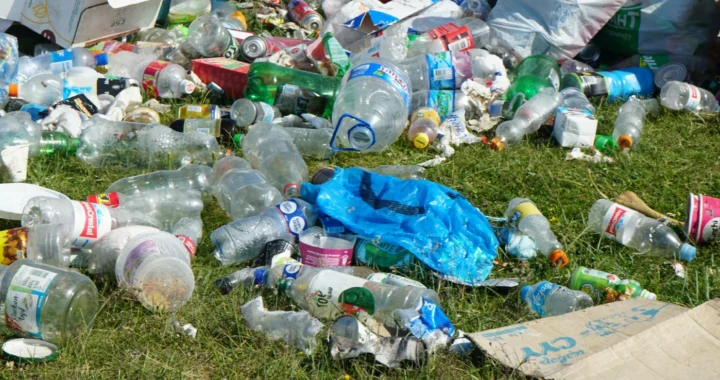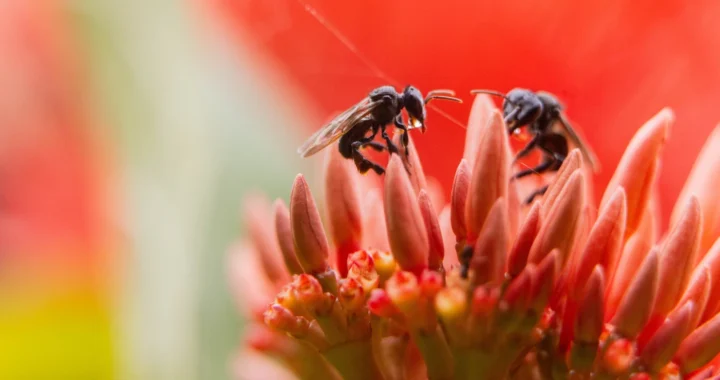Brain Rot and Its Impacts on Mental Health and Cognitive Abilities

Photo: Cottonbro Studio on Pexels.
Digital technology has become an integral part of our lives. It allows us to easily access information and entertainment anytime, anywhere. However, this constant flow of digital content can bring negative impacts that we may not realize. For instance, the continuous cycle of consuming digital content may cause over-dependence and decreased cognitive ability and productivity, which then lead to mental health problems. This phenomenon is known as ‘brain rot’—and the rot is spreading.
Constant Flow of Information and Entertainment
Technological advancement has enabled platforms like TikTok, Instagram, YouTube, and other algorithm-based apps to attract and keep users’ attention intensively. One of the biggest draws is the bite-sized entertainment in the form of short-form videos, which often make people spend hours of their time without realizing.
As of April 2025, there are 5.64 billion internet users worldwide. These numbers are growing at 2.6% per year, with higher growth in many developing countries.
On average, internet users aged 16 and above spend over 33 hours consuming online media in one week. GWI reports that an average internet user spends 18 hours and 41 minutes using social media each week using social media, which includes watching online videos on platforms like YouTube, TikTok, Instagram, and Facebook.
This indicates that accessing information and consuming digital entertainment has now become a dominant activity in the daily lives of many. While the ease-of-access of accessing information and educational content brings largely positive impacts on society by connecting people, the drawbacks are real.
The overwhelming, unfiltered, constant influx of information and content leads to many people scrolling their time away, making it a habit that can be hard to stop. Furthermore, people are prone to participate in ‘doom scrolling’, where they keep receiving deluges of bad news about the state of the world. This may contribute to anxiety and hopelessness about many global issues, including climate change.
Impacts of Brain Rot
‘Brain rot’ has become such a prominent issue worldwide that Oxford named it the 2024 Oxford Word of the Year. Oxford defines brain rot as “the supposed deterioration of a person’s mental or intellectual state, especially viewed as the result of overconsumption of material (now particularly online content) considered to be trivial or unchallenging”.
Research findings agree with the reality of the condition. Studies found that brain rot impacts your overall brain function. For instance, it can shorten your attention span, weaken your memory, and negatively influence your cognitive process, such as critical thinking and literacy skills. Brain rot also affects your productivity.
Meanwhile, mental health can suffer, too. Research revealed that brain rot can trigger FOMO (Fear of Missing Out), low mood, and decreased confidence in internet users. Excessive screen time on its own can disturb sleep patterns, especially for adolescents, leading to mental health issues like depression.
Socially, dependence on online information and media can result in heightened feelings of isolation as people opt to spend their time online instead of interacting with friends and family and connecting to the community. In the long term, brain rot is likely to affect the quality of interpersonal relations, making one’s communication skills and social anxiety worse.
Creating a Better Digital World
Addressing the negative impacts of digital technology requires the involvement of all parties, including families, friends, communities, education institutions, tech companies, and governments. Open communication and education as well as increased awareness on the dangers of digital technology use—such as OGBV and brain rot—can help tackle this issue. That way, we can create a safer digital world for all that supports connectivity, boosts mental health, and prioritizes positive and educative content.
Editor: Abul Muamar
Translator: Nazalea Kusuma
The original version of this article is published in Indonesian at Green Network Asia – Indonesia.

Co-create positive impact for people and the planet.
Amidst today’s increasingly complex global challenges, equipping yourself, team, and communities with interdisciplinary and cross-sectoral insights on sustainability-related issues and sustainable development is no longer optional — it is a strategic necessity to stay ahead and stay relevant.

Nazalea Kusuma
Naz is the Manager of International Digital Publications at Green Network Asia. She is an experienced and passionate writer, editor, proofreader, translator, and creative designer with over a decade of portfolio. Her history of living in multiple areas across Southeast Asia and studying Urban and Regional Planning exposed her to diverse peoples and cultures, enriching her perspectives and sharpening her intersectionality mindset in her storytelling and advocacy on sustainability-related issues and sustainable development.


 Finally Enforced: Understanding the UN High Seas Treaty
Finally Enforced: Understanding the UN High Seas Treaty  Risks and Opportunities of Submarine Communication Cables for Sustainable Development
Risks and Opportunities of Submarine Communication Cables for Sustainable Development  Rising Attacks and Violence Against Land and Environmental Defenders
Rising Attacks and Violence Against Land and Environmental Defenders  Unveiling Potential Technological Risks amid Global Crises
Unveiling Potential Technological Risks amid Global Crises  Waste-to-Methanol, a Potential Sustainable Solution for Waste and Energy
Waste-to-Methanol, a Potential Sustainable Solution for Waste and Energy  In Peru, Stingless Bees Are Granted Legal Rights
In Peru, Stingless Bees Are Granted Legal Rights